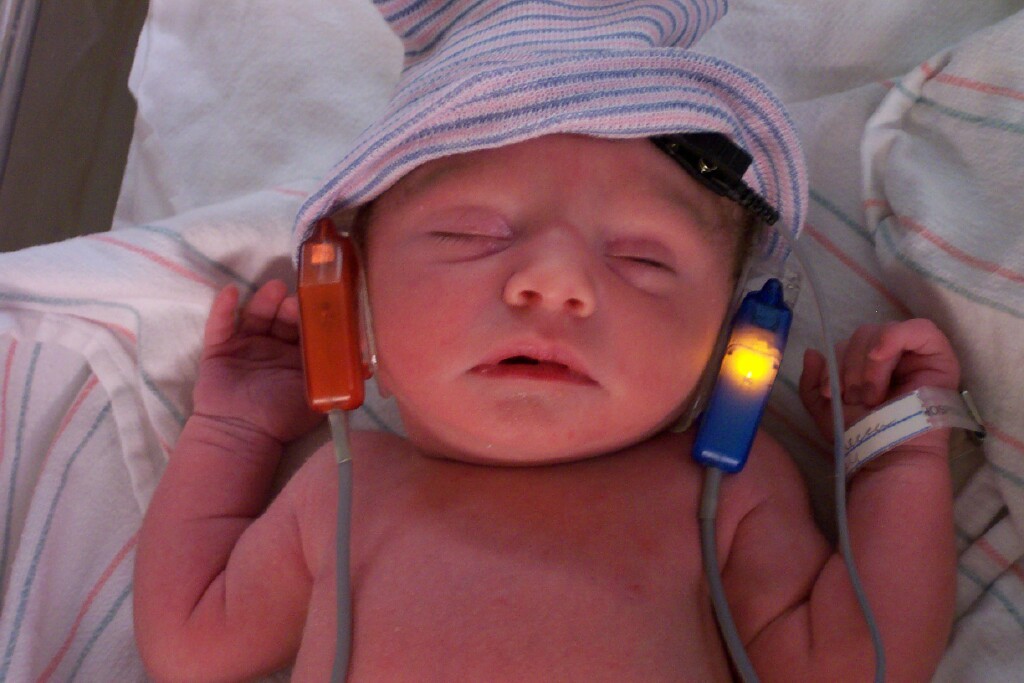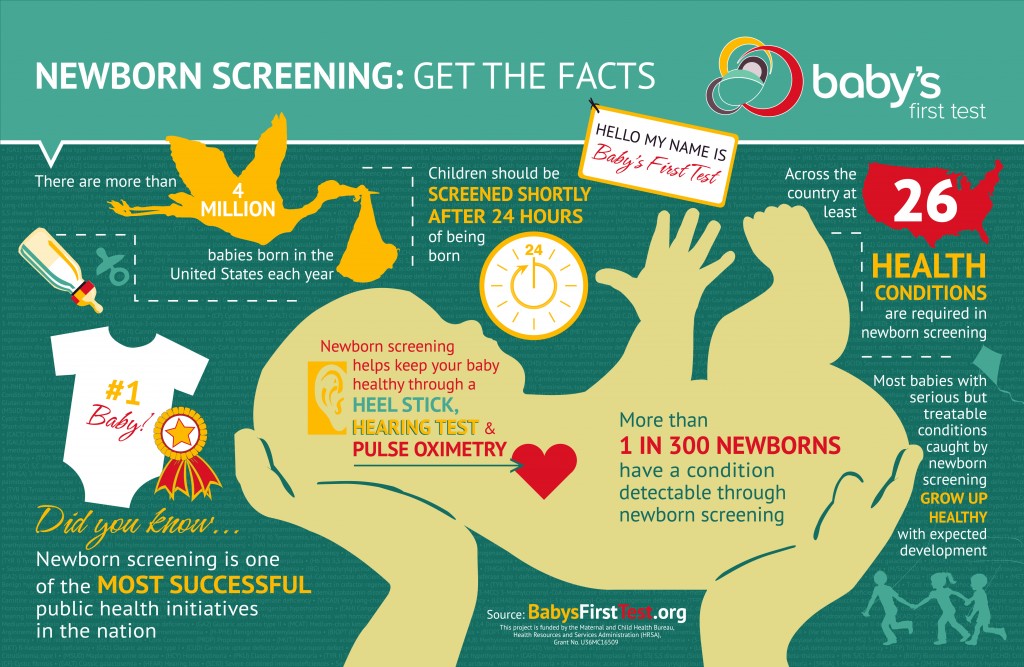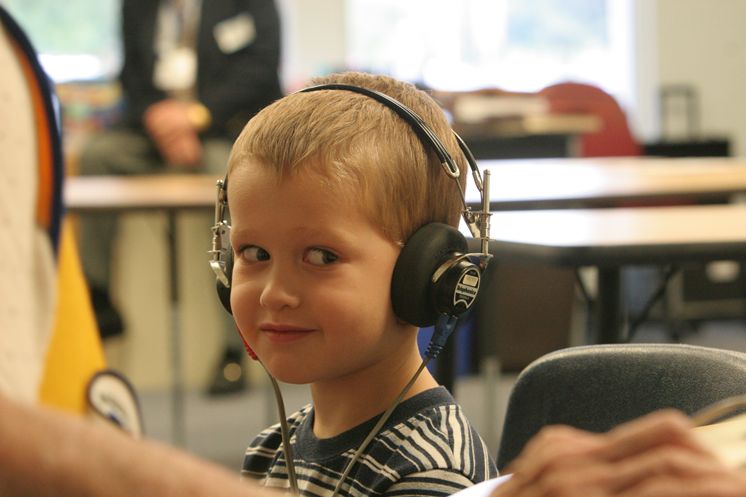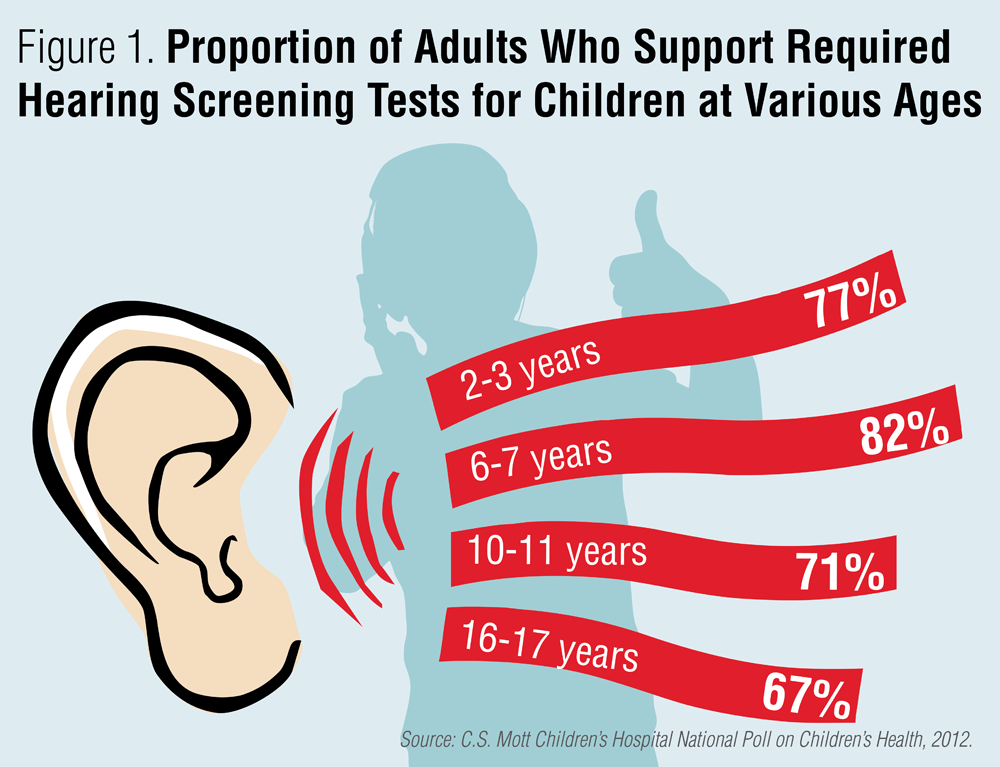What to Expect At Your Child’s Auditory Screening
Gone are the days when kids didn’t have hearing tests unless they were obviously struggling. Modern technology and knowledge about the auditory system have allowed healthcare professionals to develop many different ways to test children’s hearing – even just hours after birth. Many people also advocate for hearing auditory screenings as part of a wellness check before starting school. If your child is going to have an auditory screening, rest assured that the process won’t hurt, and it could have a tremendous impact on your child’s future. Even a small level of hearing loss can dramatically affect your child’s speech and language skills. There are different tests available for different ages of children, and different screening methods depending upon any symptoms or concerns you or your child’s teacher might have.
Newborn Auditory Screening
In the United States as many as 95% of newborns now receive hearing screening before they leave the hospital, which is vitally important given that 3 in 1000 births involve infants with hearing loss. There are two different methods that are commonly used, and both are painless and noninvasive.
Otoacoustic Emissions (OAE)
- This screening uses a tiny microphone placed in the baby’s ear to emit very soft sounds (most babies are even asleep when this test is performed). A computer can then record how the inner ear responds to these soft sounds.
Automated Auditory Brainstem Test (AABR)
- With this test your baby will have small headphones placed over his or her ears and sensors placed on the head. Brain activity that shows response to light sounds coming from the headphones will then be recorded.
Screenings for Kids Over 6 Months of Age
Diagnostic Brainstem Response (ABR)
- This type of screening is very similar to the AABR used on newborns, but it can provide more detailed information.
Visual Reinforcement Audiometry (VRA)
- This type of screening looks for behaviors of the child in relation to sound. It specifically looks for how a child responds to speech and frequency sounds, which can not only be a measure of hearing, but one of communication as well.
Screenings for Toddlers and Older Children
Perhaps you’ve seen signs that your child just doesn’t seem to be hearing well, or a round of severe ear infections has you worried. Auditory screening during elementary and teenage years is still important, especially if your child is exposed to risk factors or has other health concerns. There are noninvasive ways to measure your child’s hearing and auditory processing skills.
Conditioned Play Audiometry (CPA)
- During this type of screening children are given an activity to do when they hear a certain sound. Very young children might be instructed to put a block on a tower, or older kids might be told to ring a bell when they hear a sound. The idea is to incorporate a physical response that engages the child in listening.
These auditory screening tests take just a short amount of time, but can provide your child’s doctor with valuable information as a part of your child’s overall heath. The sooner you know about any hearing loss, the sooner you can address the issue and find resources to help your child not only with better hearing if possible, but with developing communication skills that might otherwise lag. Sometimes what appears to be hearing loss is actually more closely tied with auditory processing skills. There are screening steps you can take with your child and an audiologist with experience with this disorder to determine if this is the root cause of the problems.
If your child’s pediatrician or audiologist is concerned about the results of your child’s auditory screening, take comfort in knowing that there are many advancements in hearing aids, speech and language therapy, and so much more that can assist you and your child on this journey.






